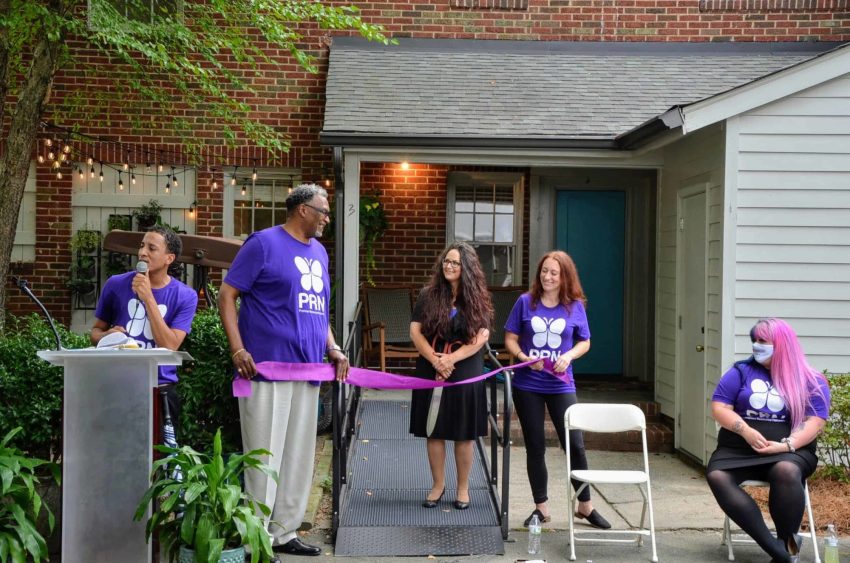Caring for a loved one is a noble and fulfilling responsibility, but it can also be emotionally and physically demanding. The role of a caregiver is often tireless, and the constant care required can take a toll on one’s well-being. In such circumstances, respite care emerges as a crucial support system, providing caregivers with the much-needed break they deserve. Let’s explore the concept of respite care and why it is an invaluable resource for both caregivers and their loved ones.
Understanding Respite Care:
Respite care is a temporary relief for primary caregivers, allowing them to step back from their caregiving duties and take time for themselves. During this period, a trained and compassionate substitute caregiver steps in to provide care and support to the individual in need. This service is not only beneficial for the caregiver’s overall well-being but also ensures that the person receiving care continues to receive the attention they require.
The Importance of Respite Care:
- Preventing Burnout: Caregivers often neglect their own needs while tending to their loved ones. Respite care offers them a chance to recharge, reducing the risk of burnout. Taking breaks can refresh caregivers both physically and mentally, enabling them to provide better care when they return.
- Enhancing Mental Health: The emotional toll of caregiving can be overwhelming. Respite care allows caregivers to address their mental health needs, reducing stress and anxiety. This, in turn, contributes to a more positive caregiving experience.
- Maintaining Relationships: Constant caregiving responsibilities may strain relationships with family and friends. Respite care offers an opportunity for caregivers to reconnect with their social support network, fostering healthier relationships outside the caregiving context.
- Ensuring Quality Care: By providing relief to primary caregivers, respite care ensures that the person receiving care continues to experience high-quality support. This continuity is essential for the overall well-being of the care recipient.
- Promoting Independence: Respite care can empower individuals requiring care to develop a sense of independence. Interaction with different caregivers fosters adaptability and can be beneficial for their overall emotional and mental health.
How to Access Respite Care:
- Research Respite Care Providers: Investigate local respite care services and providers. Look for those with experienced and trained caregivers who can meet the specific needs of your loved one.
- Discuss with Healthcare Professionals: Consult with healthcare professionals, such as doctors or social workers, who can guide you in finding suitable respite care options tailored to your loved one’s health requirements.
- Explore Community Resources: Many communities offer respite care programs or support groups for caregivers. Connecting with these resources can provide valuable information and assistance.
- Plan Regular Respite Breaks: Instead of waiting until burnout occurs, plan regular respite breaks. This proactive approach ensures that caregivers prioritize their well-being consistently.
